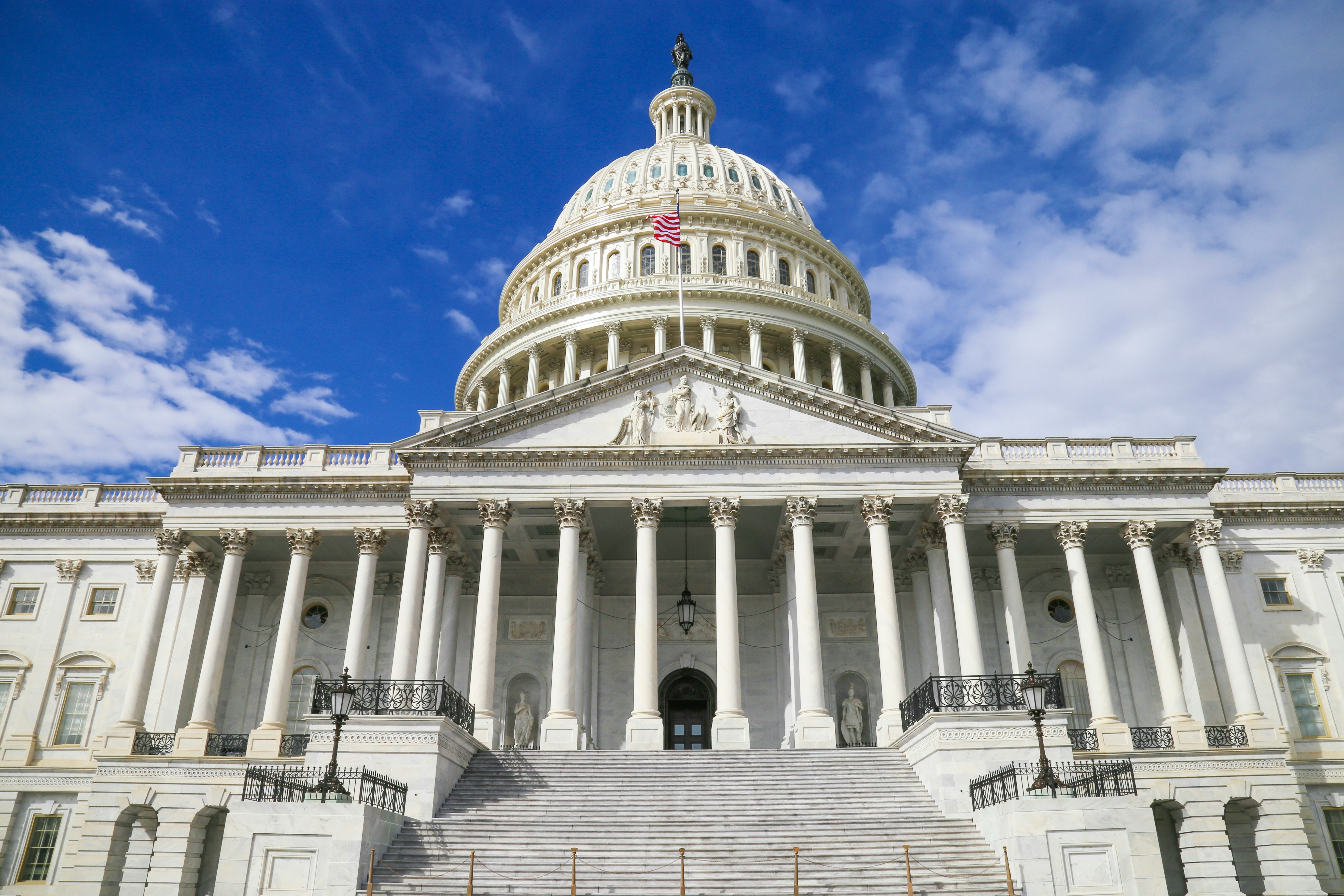Recent research has shown that 77% of U.S. residential households are ineligible for rooftop solar due to factors like building ownership. But there’s good news for renters: You don’t have to be a homeowner to benefit from solar. Renters can contribute to a cleaner energy future through Community Solar, and they can do so at a discount to their annual utility costs.
Here’s how it works: With Community Solar providers like Altus Power, clean energy is generated on a nearby solar array, sending clean energy into the local power grid. Renters and homeowners with active utility accounts can “subscribe” to the solar array, which earns them solar credits on their electric utility bill for the energy generated by the size of their subscription. These solar credits reduce the total amount subscribers owe to their electric utility company in a given billing cycle. Subscribers then pay their Community Solar provider back for those solar credits at a discounted rate, and that’s how they save money.
For example, let’s say you have a Community Solar contract granting you a 20% discount on your solar credits. That means that for every dollar of solar credit you receive on your electric utility bill, you pay your Community Solar provider 80 cents. Continuing that example, if you receive $50 of solar credits in a given month, your utility bill would show a deduction of $50, and you’d pay your Community Solar provider $40, resulting in a $10 discount for that month’s electricity.
Better yet, there are no fees or upfront costs with Altus, and there’s no equipment to install. Instead, you’re benefiting from the solar power produced at solar projects elsewhere in your area — whether they’re ground-mounted solar arrays, arrays built atop rooftops or even on carports, or agrivoltaic arrays that share land with agriculture.
And because there’s no equipment to install, you don’t have to own your residence to take advantage of Community Solar, nor do you have to worry about paying for solar panels or finding enough sunlit square footage on your building’s rooftop.
You can also take your Altus subscription with you if you move to a new home covered by the same utility, or in another location we service, and you can cancel your Altus subscription anytime for free.
Property owners can also use Altus to offer solar as an amenity at their buildings, all through a virtual billing adjustment that doesn’t require hardware or site visits.
In this way, Community Solar helps make the benefits of renewable energy accessible and equitable for all. And Community Solar projects help reduce their local power grids’ reliance on energy derived from fossil fuels, which moves us closer to a greener future.
If you’re a renter wanting to benefit from solar, “your best bet is to tap into some sort of community solar offsite generation — subscribe to an array,” Alan Robertson, then the managing director of solar development at BlueWave, told CNET in 2023. “It works and is a good way to contribute, support the solar industry, and save money on your electricity bill.”
Community Solar could help Generation Z in particular. As Redfin reported in 2023, only 26% of adult Gen Zers owned their homes as of 2022, compared to 52% of millennials, 71% of Gen Xers, and 79% of baby boomers.
“Gen Z is very passionate about the climate, but they don’t have a lot of money,” Clare Quirin, an account coordinator for the clean energy public relations company Tigercomm, explained to CNET this year. “It’s not like we own homes and can handle the upfront costs of rooftop solar. So I think community solar is a great way to save on energy bills but also be a part of the clean energy transition.”
As far as Community Solar goes, that clean energy transition is accelerating. A 2023 Wood Mackenzie analysis projected that the United States’ total community solar capacity would rise to around 8 gigawatts in 2024 and to around 14 gigawatts in 2028.
In April 2023, U.S. Department of Energy (DOE) announced several investments in solar energy designed to reduce local pollution and home electricity bills as part of the push toward a 100% clean electricity grid by 2035 and net-zero carbon emissions by 2050.
The DOE’s $10 million Community Power Accelerator Prize, for example, seeks to bolster a network of community solar project developers across the United States. And the annual Sunny Awards for Equitable Community Solar gives prizes to community solar projects that increase equitable access and ensure that subscribers and their communities benefit from those projects.
If you’re a renter — or a homeowner, for that matter — who’s interested in benefiting from solar through Altus, go to join.altuspower.com to check your eligibility and start your application.
Interested in getting started with Community Solar?
Reduce your electricity costs and help your community go green with Community Solar.




.png)
